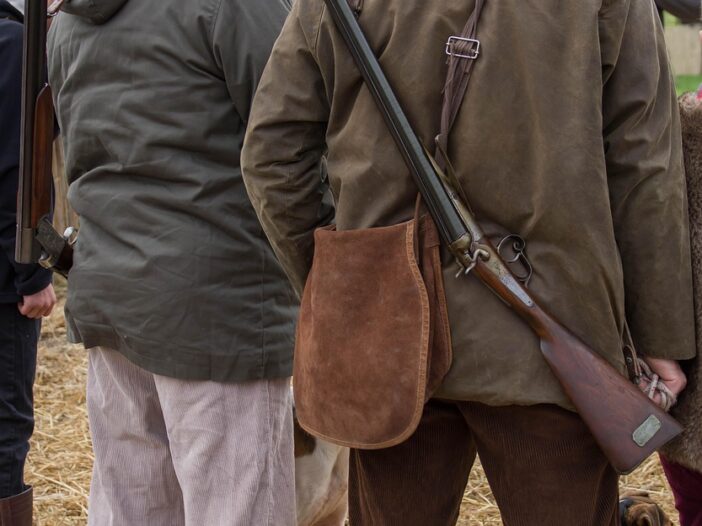
On December 23, 2024, the Third Circuit Court of Appeals reconsidered its own earlier decision, and came out with a blockbuster ruling about the rights of people to possess firearms. The case focused on the question of whether the law prohibiting non-violent felons from possessing firearms violated the Second Amendment of the United States Constitution. The Third Circuit agreed that the law is a constitutional violation. Please note that the case does not create binding precedent in Massachusetts or anywhere outside of the Third Circuit. Still, it is an interesting development and the issue may well make its way to the Supreme Court in the near future.
Summary of the Range Case and Its Impact on Current Law
Case Summary
The case involves Bryan Range, who in 1995 pleaded guilty to making a false statement to obtain food stamps in Pennsylvania. His conviction was classified as a misdemeanor but was punishable by up to five years in prison. As a result, under 18 U.S.C. § 922(g)(1), he was prohibited from possessing firearms because federal law bars individuals convicted of crimes punishable by more than one year of imprisonment from owning guns.
Years later, Range attempted to buy a firearm but was denied. After discovering that his conviction disqualified him from firearm ownership, he sued, arguing that § 922(g)(1) violated his Second Amendment rights as applied to him. The government contended that laws barring felons from possessing firearms are historically justified, but the Third Circuit Court of Appeals ruled in Range’s favor, finding that the government failed to show a historical tradition justifying disarmament in his specific case.
Impact on Current Law
- Narrowing the Scope of Felon Disarmament Laws
The ruling challenges the broad application of § 922(g)(1), which historically applied to all felons regardless of the nature of their offense. The court found that non-violent offenders like Range should not be automatically disarmed without clear historical precedent. - Strengthening Second Amendment Protections
The decision reinforces the idea that the Second Amendment protects all “the people,” including non-violent offenders, unless the government can prove a historical tradition of disarmament for specific groups. - Potential Challenges to Other Firearm Restrictions
The ruling could open the door for other non-violent felons to challenge their firearm prohibitions, particularly in light of recent Supreme Court decisions emphasizing historical tradition in Second Amendment cases (e.g., New York State Rifle & Pistol Ass’n v. Bruen). - State and Federal Firearm Laws at Risk
The ruling suggests that blanket felon-in-possession laws may need to be reconsidered, potentially impacting both federal and state firearm restrictions.
Conclusion
The Range decision is significant because it places new limits on the federal government’s ability to disarm non-violent offenders, emphasizing a historical approach to gun rights. It could lead to further legal challenges and changes in firearm regulations nationwide.